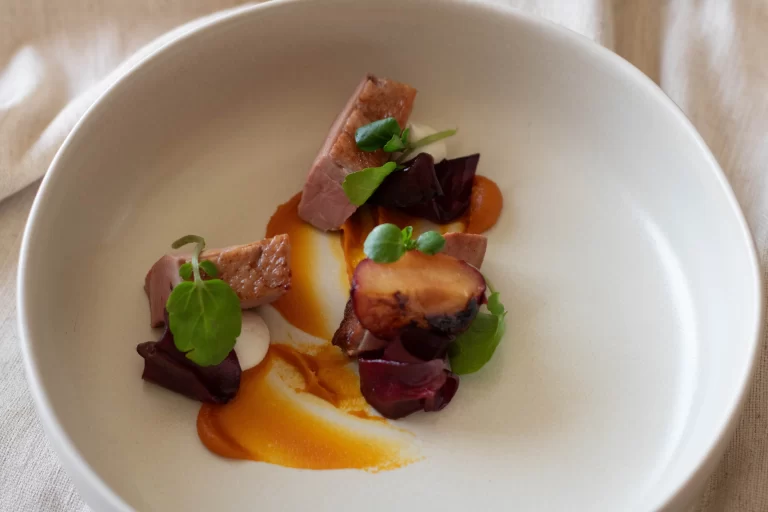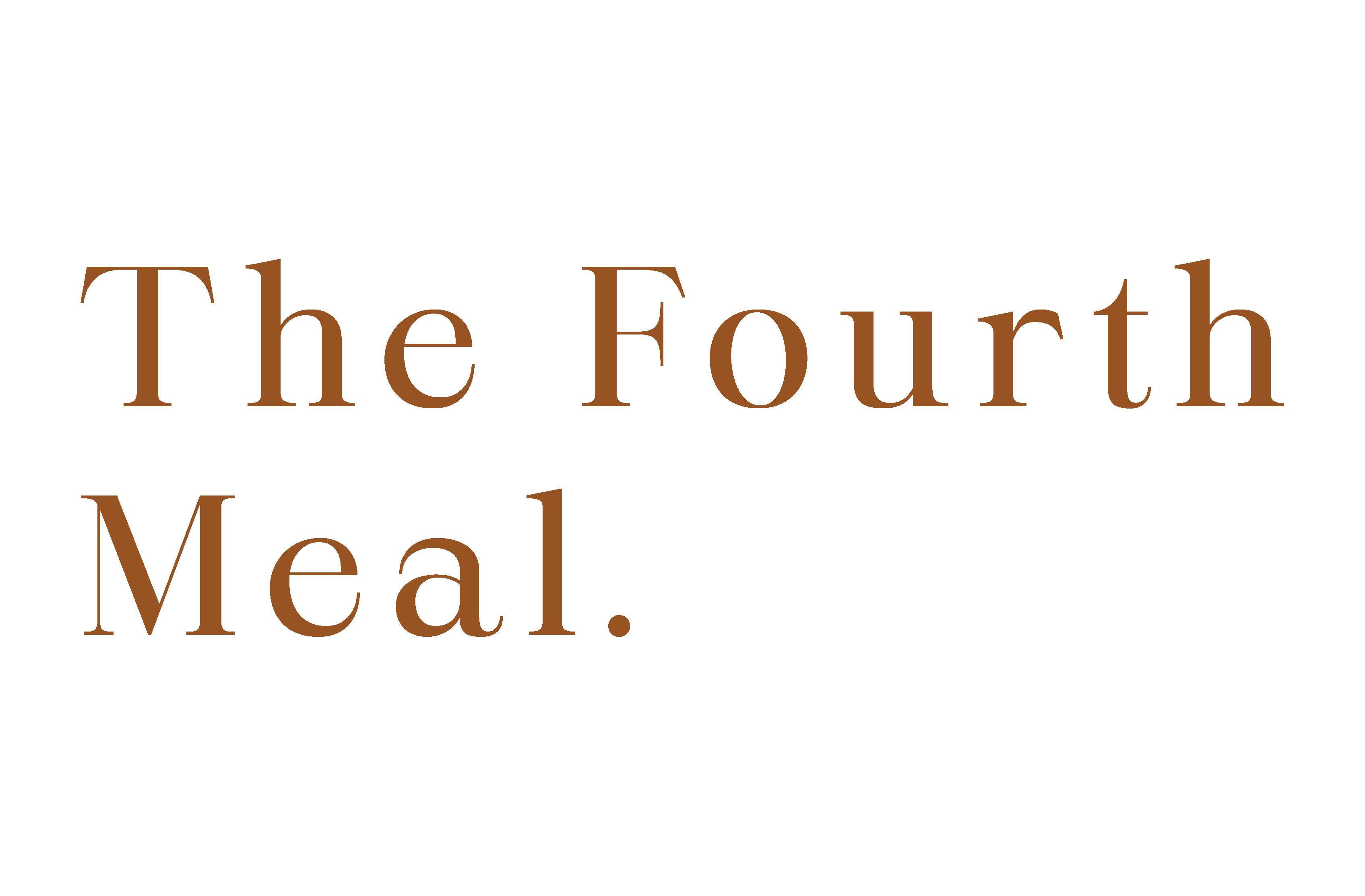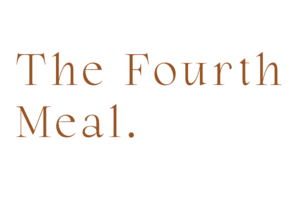WHAT I LEARNT FROM 200K+ HOURS IN THE KITCHEN
Chefs come in all shapes, sizes, styles etc. The one thing they have in common is that they are passionate about food and the art of it. This is a small list of the important things I learnt throughout my experience as a Chef.

Minimalism is king
As cliché as it may sound, this is important, by keeping things simple when approaching any dish, there are two fundamental things you will achieve :
- Control – Control in that you can manage every aspect of what you’re trying to achieve. I’m a firm believer in allowing each ingredient to “speak” for itself; there is no point otherwise. A chef’s ultimate aim should be for clean flavors, and the only way to achieve this is by keeping everything to a minimum. Perhaps I should elaborate; if you are planning a dish that involves beetroot, goat cheese, and oatmeal, for example, you need to figure out a way to allow all 3 of them to tell one story individually while complementing each other. You may argue that the oatmeal may be bland in comparison to the other two; this is where your skills as a chef come to play. Your challenge is to make them all equally significant, and this goes for planning and costing as well; it is much easier to cost and control a minimalist menu with limited ingredients than a complex one with a thousand components.
- Consistency – The main reason why anyone would be a repeat customer anywhere and in any industry is consistency; this is achievable when things are kept simple. Contrary to the belief, “Winging” it never works in the kitchen, a surgeon never “wings” it, and so why should a Chef? Everything should be methodic and intentional.
Respect all ingredients...equally
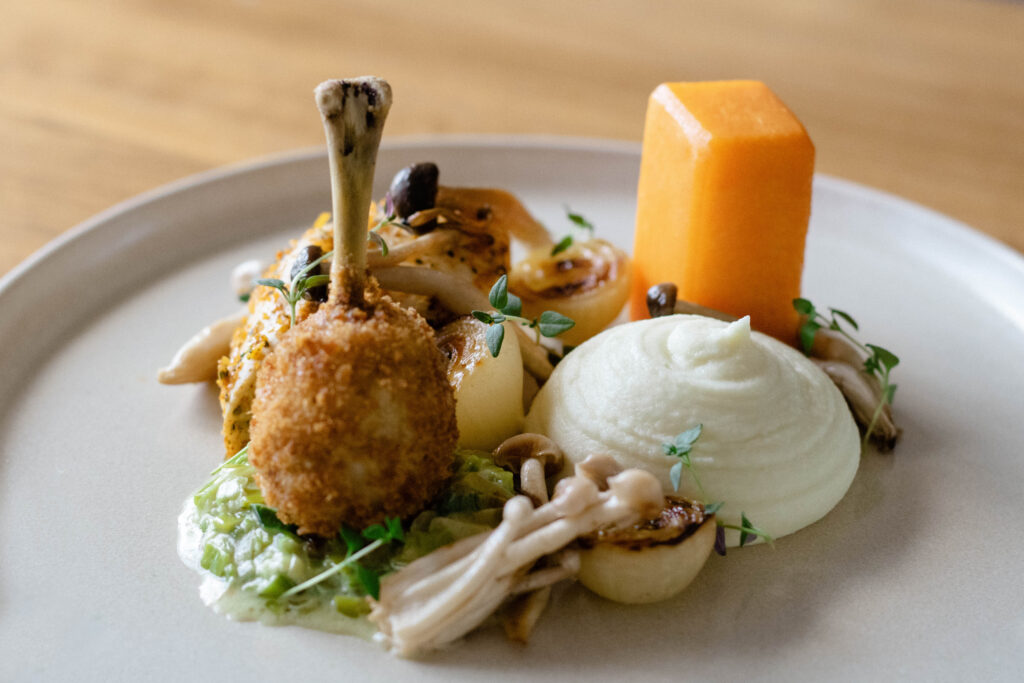
This is what my culinary philosophy is based on. We all know that a meal has to be balanced by combining different components to satisfy human nutritional needs. No one ingredient is more important than the next. Ingredients are never on a plate by coincidence; each one plays a vital role. We would not have a basic understanding of the fundamental principles at play in the culinary field if this was not the case. Lamb loin is equally as vital as aubergine, which is just as important as a tomato, for example, they should therefore all be treated with the same level of respect. You may argue that they both have different nutritional values, which is true but that does not take away from the fact that they present these values in their unique way. Mother Nature takes her time in producing and grooming the ingredients for us to consume, why fail her by disrespecting her efforts.
Texture & Temperature are as important as flavor
There’s no doubt that flavor is a big part of what defines a dish, but the texture is just as important. The sensation of having a blend of smooth, crunchy, and silky textures mingle with complementary flavors when they bounce off teeth & taste buds is rather satisfying. A key factor to consider is the temperature of a dish. Texture adds different dimensions to a dish. Having varying temperatures of the different items on a plate can add more depth; think of a nice hot Tarte Tatin with cinnamon ice cream and an almond brandy snap.
Know the difference between taste & flavor
Ok, so when you say something tastes good, are you referring to flavor or actual taste? Taste is limited to sweet, sour, bitter, salty, and (arguably) umami (which is more of a flavor component). So, what would flavor be then? Each food item has a distinct flavor that distinguishes it from others, i.e, when you place a piece of bitter dark chocolate in your mouth, what you experience is the flavor of the chocolate with a bitter taste. Many chefs make the mistake of failing to develop and layer on flavors and then trying to fix this by adding something that would affect the taste instead. For example, if you are trying to make butternut soup by boiling the butternut in water and then blending it into a smooth puree, you can not save it by adding salt. All you will have in this instance is a flavorless mass of yellow that tastes of salt. I know this may seem like a stupid example, but you would be surprised at how this is the norm.
Knowing how to extract flavor from each ingredient, as well as how to layer these flavors, will significantly improve the way your food tastes. Never confuse the flavor of something with the taste of it (check out the write up on “the taste of smelling” to understand why)
Food costing practices are crucial at all levels
It’s vital to keep food waste to a minimum to maximize profits within the restaurant industry and the only way one can fully understand this concept is by being business-minded. Knowing what food costs and what it can sell for will help you appreciate “offcuts”. Some of the best soups and sauces are born from offcuts that would’ve otherwise gone to waste. I believe all chefs, from commis or heads, should have a basic understanding of food costing principles. One has to know what they put in, in order to appreciate what they put out after all variables. Most restaurants go under due to the neglect of this basic but fundamental principle. Besides, how can you even begin to cook without having done the exercise?
The best chefs embrace all of the kitchen diciplines
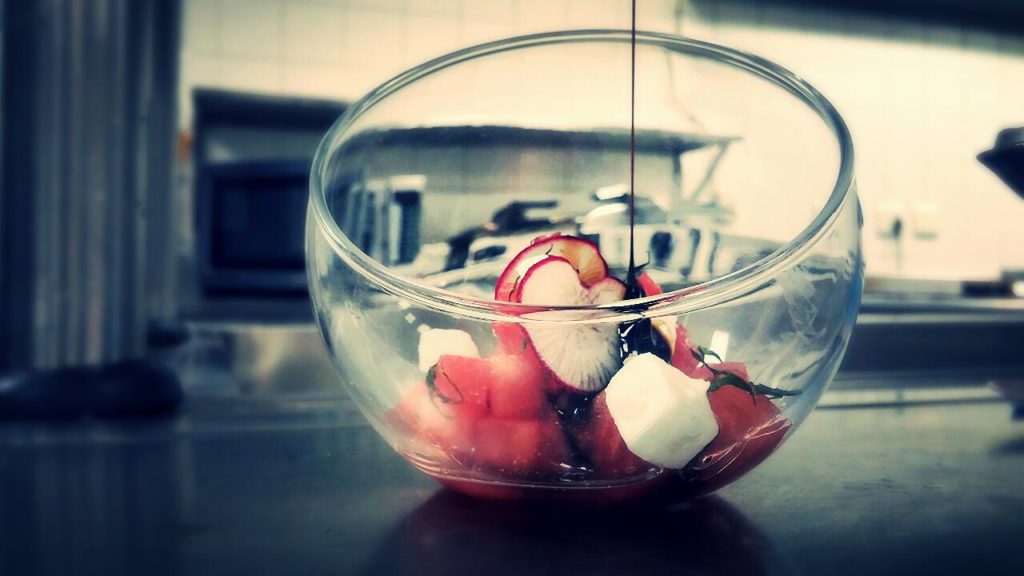
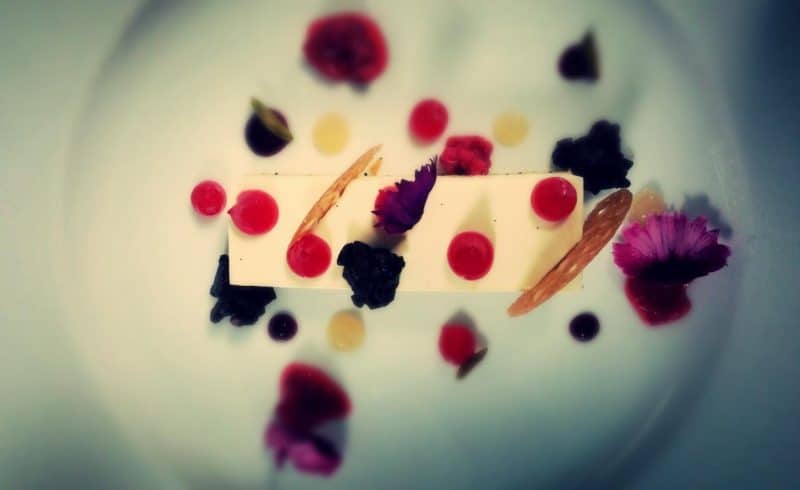
Be a sponge and absorb everything. Even if you are limited by your passion to only Pastry or Hot kitchen. There is only a certain amount of principles governing a specific discipline within the kitchen per the industry. The way a chef stands out is by cross-referencing principles and breaking the rules.
Let me elaborate with this simple example:
Panacotta is a traditional Italian dessert that is made by setting sweetened flavored cream with some type of setting agent i.e gelatin, according to “traditional” industry principles, this would be limited to and categorized as a pastry kitchen discipline. An experimental hot kitchen chef that understands that principles are there to be cross-referenced would exploit this by, say, creating a dish that comprises of dukkah crusted lamb cutlet complemented by a savory mint & spinach pannacotta for example. This simple dish idea also takes into consideration the flavor (the combination of spicy dukkah, subtle lamb, mint, and spinach), the texture (crunchy dukkah, smooth silky pannacotta) and the temperature (warm lamb, cold pannacotta).
Pot washing is also a kitchen discipline, so get used to it.
Chefs are artists & story tellers
Good chefs always strive to evoke certain emotions. They are artists and mostly perfectionists (that is why they throw knives and swear at waiters that don’t carry the plate straight or walk so fast that the garnish falls off ). For a chef, the plate is a canvas and the food the medium of choice for creating a masterpiece. With that said, it’s very common for chefs to put so much focus on the look of dish that they neglect the all so important flavor, texture, temperature. Even a painter can tell that the feel of a certain painting is warm or cool and that certain textures are specific to different paintings. I’m not saying that one shouldn’t put a lot of focus on the look of the dish; far from it. What I’m saying is that the balance is very crucial, and unfortunately, this is where a lot of chefs lack. I was not kidding about the throwing of knives and the swearing, by the way, some chefs do 😉
Humble yourself...you aren´t as great as you think.
Every chef is great in their regard, but once we break through that realm and expose ourselves to the outside world, we realize that all that we are, are ego machines with a hunger for purpose. The ego is what will eat away at that hunger, and the byproduct of that is stagnation. Aim your ego instead, toward the acquisition of knowledge. The only way to stay humble as a chef is to be true to yourself and your roots. My advice to chefs in the making is to always be the “dumb” one in the room that asks all the questions, regardless of how stupid you may think they are. I’ve come across many a chef that would rather consult google for a dish they are not familiar with, so they can appear as if they know what it is. There is nothing wrong with consulting a junior chef, even if you are his/her superior, the globe is extensive; it’s impossible to know it all.
